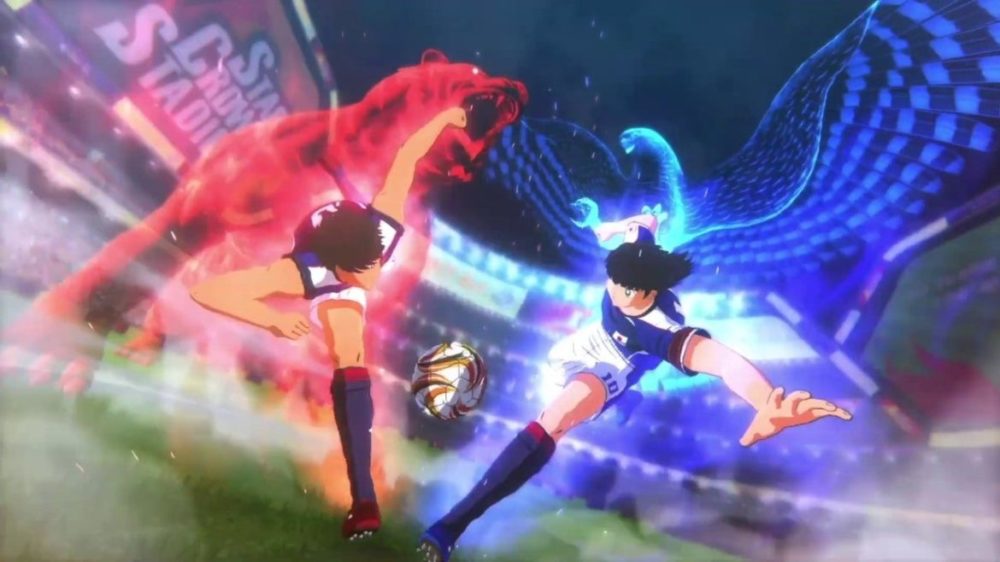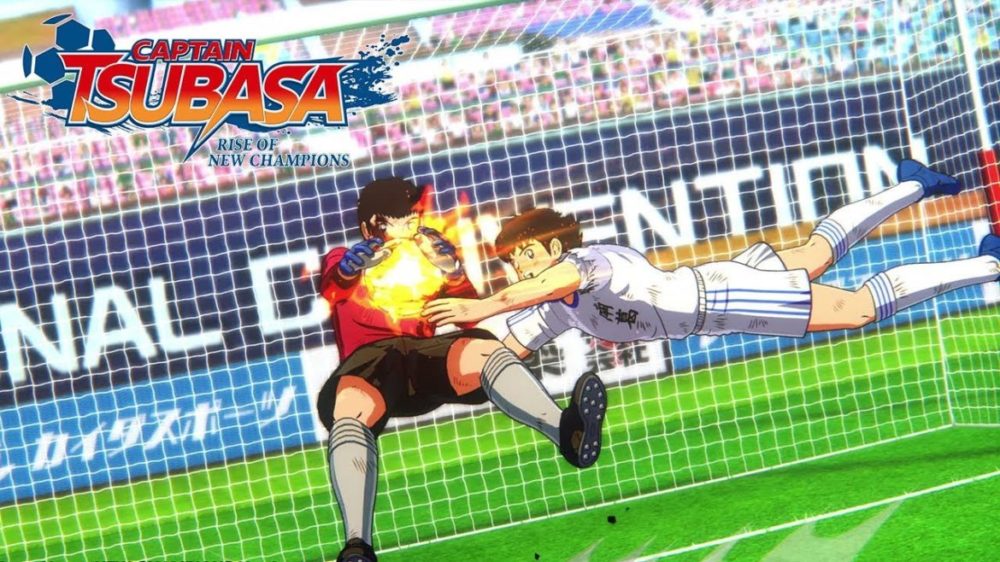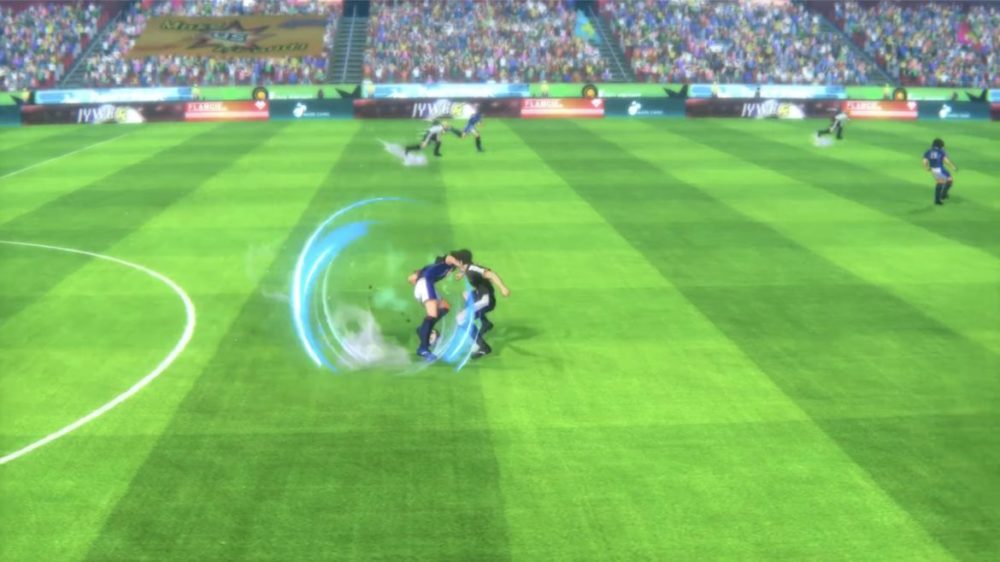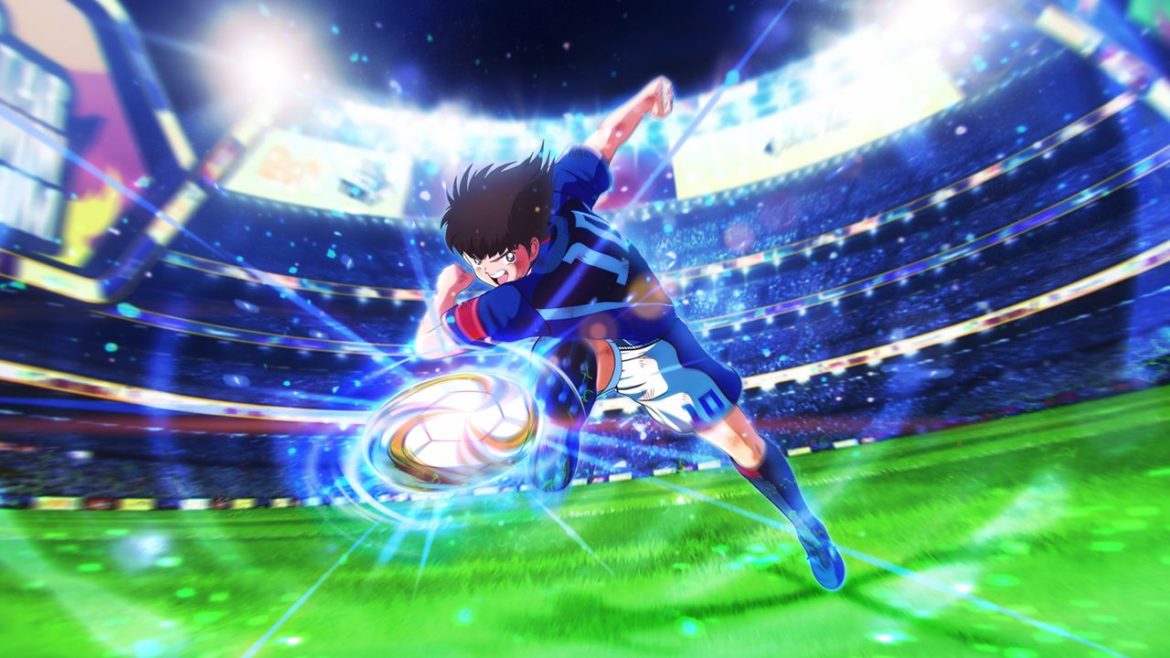TL;DR
Captain Tsubasa: Rise of New Champions offers a visually stunning, anime-infused football experience from an unexpected developer. While it boasts energetic presentation and a unique narrative focusing on Tsubasa's journey, the gameplay falters. Expect chaotic, arcade-style action where success often relies on timed button presses and special moves rather than strategic control or realistic football simulation. The game struggles to find its identity, failing to be a satisfying simulator or a free-flowing arcade experience, leaving it in an awkward middle ground that may prove more frustrating than fun. Discover if this anime football adventure is for you by diving into the full review.
In a gaming landscape dominated by EA Sports’ FIFA franchise and Konami’s struggling PES (eFootball), it was intriguing to encounter a football game from an unexpected source. Tamsoft, a Japanese developer primarily known for its “anime-erotic” titles, has partnered with Bandai Namco to release Captain Tsubasa: Rise of New Champions. This title delivers a distinctly Japanese, anime-infused football experience, complete with energetic vocalizations, visual effects, and cel-shaded graphics. However, the game deviates significantly from conventional expectations.

Players assume the role of Captain Tsubasa, a young protagonist aspiring to become the world’s premier football player, echoing elements of FIFA’s “The Journey” but with a Japanese narrative. Lengthy anime-style sequences involving drama, friendships, and rivalries unfold (fortunately, these are skippable). The core gameplay presents a somewhat perplexing experience. While a degree of player control is present, its implementation feels indirect. Characters often act autonomously, and traditional rules are largely disregarded (attacks from behind are not only permitted but seemingly encouraged), with the notable exception of the offside rule. Success hinges on executing timely button presses for dribbling and passing, ideally positioning Tsubasa to take shots on goal. Repeatedly launching powerful shots at the goalkeeper depletes their energy, eventually allowing the “burning ball” to penetrate their defenses.

The core issues with Captain Tsubasa stem from flawed game mechanics. Players ostensibly control all teammates and can switch between them, a common feature in football games. However, in practice, this mechanic feels largely arbitrary. Players exhibit visual similarities, and selecting the correct player, particularly the one nearest the ball during defense, proves unreasonably difficult. The game’s pacing feels uneven, progressing in abrupt bursts. In many instances, it resembles a visually elaborate Quick Time Event (QTE) game, demanding precise button presses. While nominally a football game, it prioritizes building energy bars and executing super-attacks/defenses over strategic play and skillful control. A full energy bar enables shots from midfield that result in goals, accompanied by elaborate Dragonball-esque anime sequences which quickly become repetitive. Without a full bar, scoring relies heavily on luck, even from close range.

The most significant drawback of Captain Tsubasa is its ambiguous identity. It does not function as a football simulator in the vein of FIFA or PES, which was not necessarily expected. However, it also fails to deliver the unrestrained, adrenaline-fueled arcade football experience that can be equally enjoyable. One might revisit older titles like Acclaim’s NHL/NFL Blitz for that type of over-the-top action. In contrast, Captain Tsubasa presents a restrictive framework that only superficially resembles a free-flowing, cel-shaded arcade football game, ultimately offering something quite different.
Captain Tsubasa: Rise of New Champions occupies an awkward middle ground. It may appeal to a specific cultural niche, or perhaps suffers from a disparity between player expectations and the game’s actual design. Despite Japan’s history of producing widely acclaimed games, this title feels like an animated adaptation of a youth-oriented comic book that integrates football as a secondary element. Regardless of the developers’ intentions, the result is more frustrating than entertaining.
